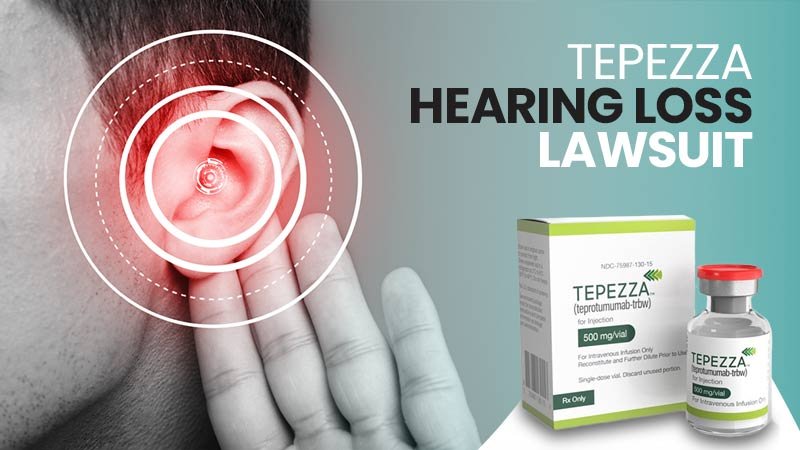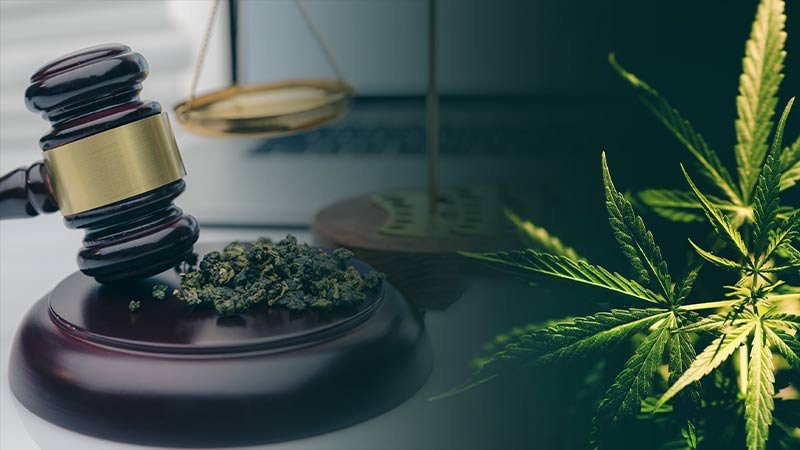What Are the Penalties for a First DUI?
If you’re pulled over for suspected DUI, which stands for Driving Under Influence (commonly referred to as DWI in New York), a law enforcement officer might ask you to take a field sobriety test to determine if you’re intoxicated. You should not be obliged to take this test, but later on, after arrest, you shouldn’t refuse the chemical test as this may in itself warrant more charges and possible penalties later. New York state has the most comprehensive and strict laws on impaired driving, and this can be alarming, especially if you’ve been charged before on similar grounds (the penalties can be harsher on repeat offenders).
Having an in-depth understanding of what to expect is crucial if you’ve been arrested for drunk driving in New York. It’s prudent to involve professional attorneys for the best guidance like Glendale DUI Attorney. If you’re in Syracuse city, you can check out expert DWI/DUI Lawyer Albany for the best counsel.
The Arrest
While it’s important to be cooperative during the arrest process, you should not be compelled to answer any questions about your situation. Always remember that you have a right to politely decline and state that you will only talk in the presence of your attorney. This is key to avoiding implicating yourself further, which the enforcement officer will be trying hard to achieve.
Knowing Your Charges
After being stopped, you will be arrested and afterward subjected to a mandatory chemical test to determine your level of intoxication. Your breath will be analyzed by being run through a breathalyzer to determine your blood alcohol content (BAC). Under New York state law, a BAC of above 0.08 percent leads to a DWI charge, while a BAC of between 0.05 and 0.07 is a lesser charge termed as driving while ability impaired by alcohol (DWAI). If you’re a commercial driver, a BAC of above 0.04 percent is considered as DWI. You’d be shocked at how just a couple of drinks on a night out can have a huge toll on you from the breathalyzer results!
You could be subjected to a urine or blood test, more so if you’re suspected to be high on drugs other than alcohol. You should be aware of your right to have a sample for further independent testing in this case. There’s another option of implied consent. If you’re certain to fail either of the tests, you can apply this consent to refuse the test and immediately forfeit your right to a driver’s license for a year for the first-time offenders. Consult your attorney on the best way to do this.
New York First-Time DWI/DUI Penalties
The first-time DUI cases in New York are treated as misdemeanors, although the penalties can still be hefty. We’ll go through an overview of the penalties to expect.
Substantial Fines
A majority of DUI convictions always end in fines. Fines vary from state to state, and their determination is based on the severity of the DUI charge. A normal DUI charge severity ranges from a BAC of .08 to .18. Fines will range from a minimum of $500 – $1000, and the court has the discretion to award them alongside a jail term in some cases. Your attorney should know the best defense strategy to secure you a lenient sentence in such cases.
License Revocation or Suspension
License revocation is the withdrawal of your license for a given period which upon its lapse, you will be required to apply for a new one. Suspension is more lenient in that after the lapse of the suspension period, you can continue using it. The two penalties are mandatory for first-time DUI offenders, and it is the discretion of the court to choose which depending on the severity of your charge. The maximum revocation time specified for first-time DUI offenders is 6 months.
Jail Sentence
This might vary from state to state. In New York, you stand to face a maximum jail time sentence of one year and a no minimum depending on the level of BAC detected during the chemical test. Provided it’s not a case of aggravated DUI (BAC of .18 and above), jail time of more than 6 months is rare. Probations and community service are more common for first-time DUI offenders as opposed to jail time.
The most important benefit of getting an experienced DUI attorney to represent you is getting possible alternative lenient penalties awarded by the court in favor of harsher optional ones. Some include rehab, house arrest, community service, and weekend jail.
Follow Us
Latest Post
















